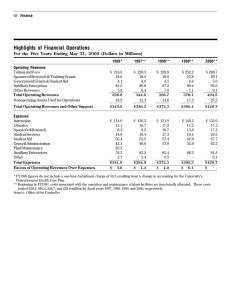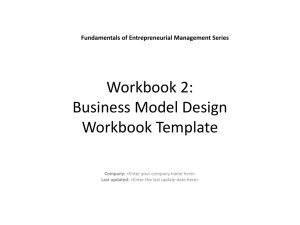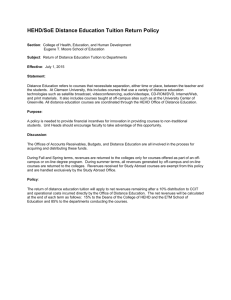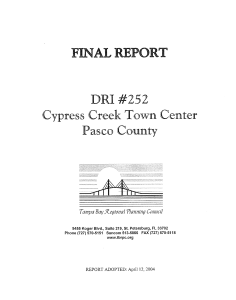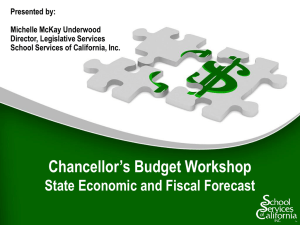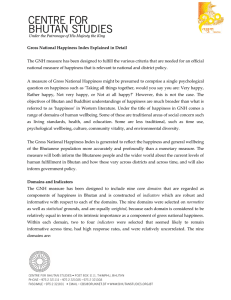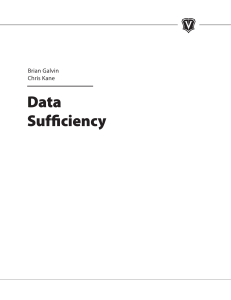Chapter 2 Tax Policy Issues: Standards for a Good Tax
advertisement
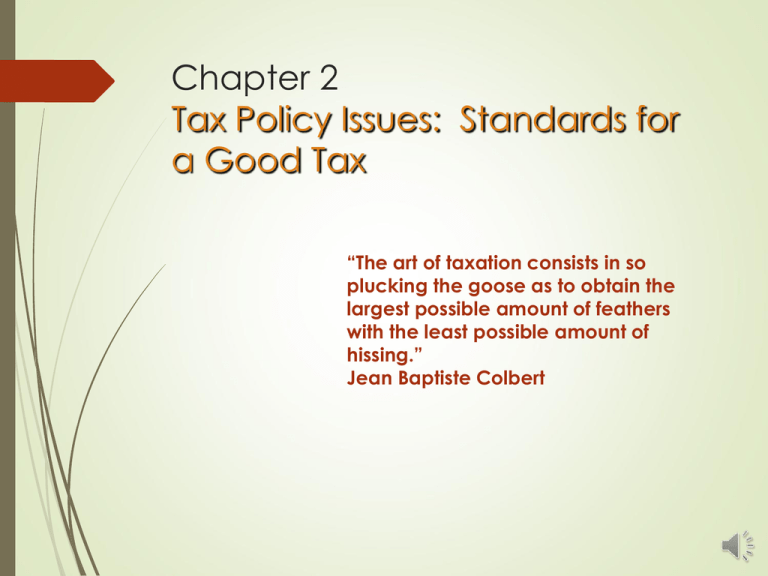
Chapter 2 Tax Policy Issues: Standards for a Good Tax “The art of taxation consists in so plucking the goose as to obtain the largest possible amount of feathers with the least possible amount of hissing.” Jean Baptiste Colbert Basic Objectives of the Tax System In theory every tax can and should be evaluated on a set of basic standards. In general a tax should be: Sufficient to raise necessary government revenues Convenient to administer and to pay Efficient in economic terms Fair to taxpayers required to pay Sufficiency A Sufficient Tax— Generates enough funds to pay for the public goods and services provided by the government levying the tax. Estimating the sufficiency of a tax system following proposed changes in rates, base, or other characteristics of the tax structure requires forecasting future revenues: Static forecast - assume base stays the same. Dynamic forecast - estimate change in base due to change in rate. Such forecasts are notoriously difficult Sufficiency—what does government do when revenues aren’t sufficient? What would “cutting spending” entail?
